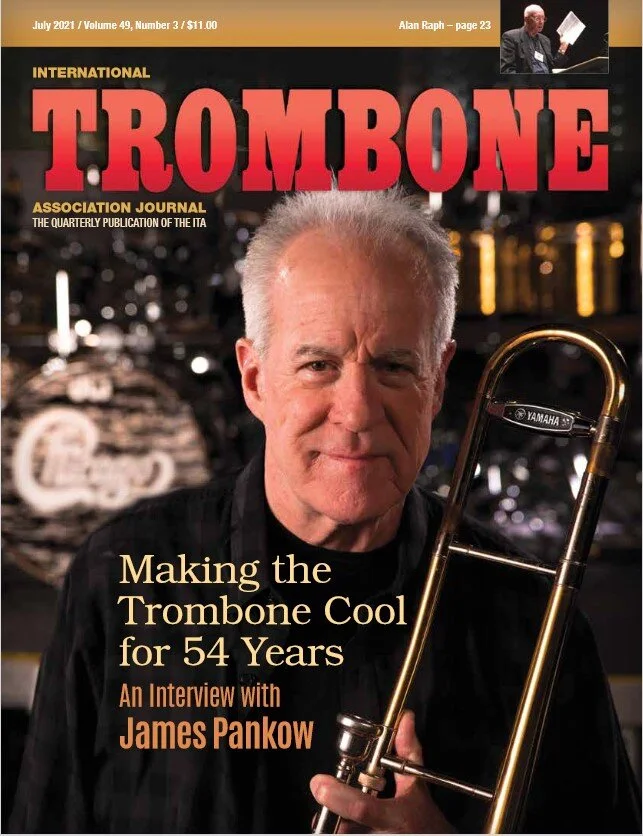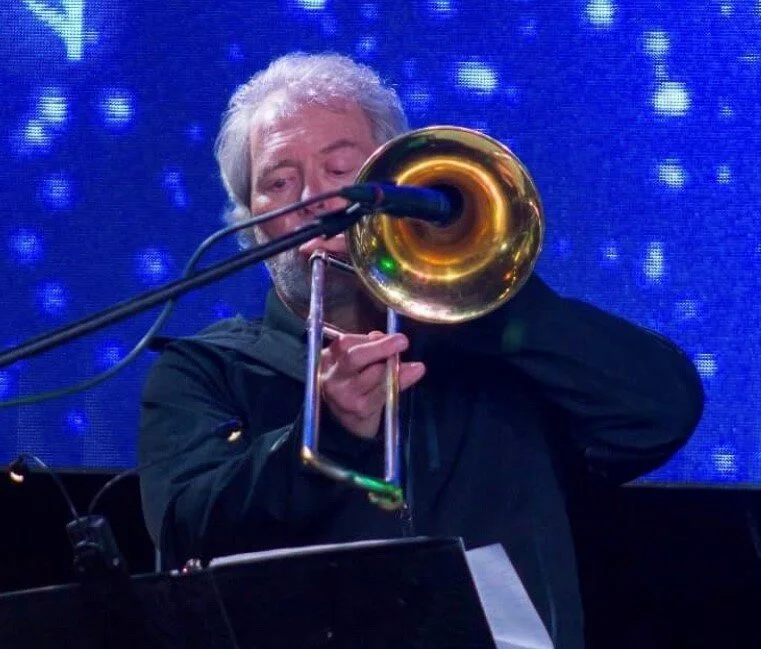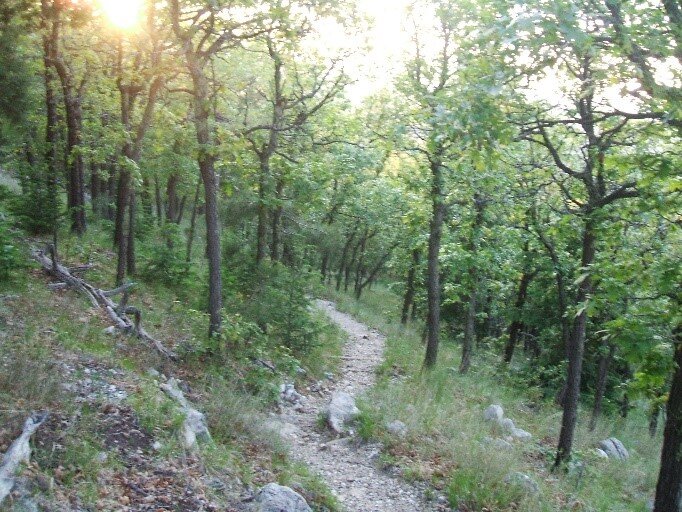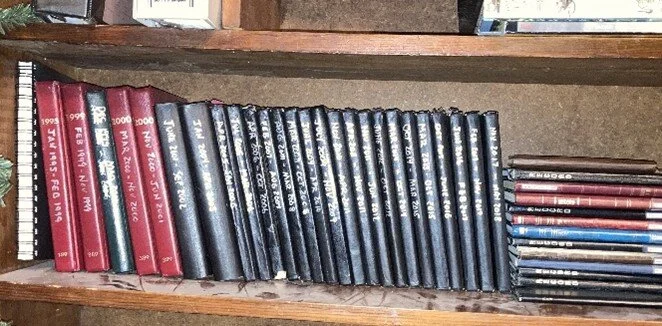A Happy Man, Still
/This piece first appeared on my blog April 26, 2007. I pulled it back out because, well, (1) it’s all still true, and (2) today I received several notices from lifelong friends about a magazine article that featured James Pankow, trombone player for Chicago. As I’ve been reading the article, I knew I had to publish my blog again.
Can a rock band play my heart language? Can it be that simple? What I mean is, can the language of my heart be so simple that a bunch of guys who started playing rock and pop music about 1967 speak to it fluently. Guys who don’t even know me.
Last night (April 25, 2007) I joined Cyndi and several close friends in the Ector County Coliseum to hear a concert by Chicago, an event I’ve been anticipating for weeks, or months, and especially during the past few stressful days.
Chicago Transit Authority (Chicago I) was the first full-length album I ever bought with my own money, sometime around 1971 or 1972. Within a couple of months, I’d cobbled together enough cash to buy Chicago’s second and third albums, and I started saving up for the fourth. I was hooked. I was in deep.
Even today, if I close my eyes and listen to the music, I’m once again seventeen years old, lying on my bed studying music scores while listening to Chicago II on my record player. It was a time when I was vulnerable to spiritual influences, and their music captured my soul.
Some have heard this story so many times they can repeat it back to me, but here it is again. I remember working in the backyard of our house on Thorpe Street in Hobbs, New Mexico, one hot summer afternoon in 1971. Up until that summer I had played trombone in the school band; I enjoyed band because my friends were in with me, but the idea of music hadn’t yet seized me. I wasn’t a particularly good player, and the trombone seemed so lame, and I was hungry for changes in my life that would open up my world … all in the summer before my sophomore year of high school.
But that afternoon while I was pulling weeds, the radio played a song by Chicago, “Does Anybody Really Know What Time It Is”, which I’d heard many times before, but this time the DJ let the music play all the way to the end before talking - so I heard, for the first time, the brief trombone solo that famously finishes that song … and, all I can say is, my life changed that day. There’s no other way to say it. My life changed. It had to be a gift from God because no one else could have changed me so completely. The day before I heard that solo, I was a goofy teenager ambivalent about almost everything; the day after, I was a musician. That event changed how I saw my future, it changed my thoughts about playing the trombone, it changed the path of my life, it was my Damascus Road … it changed my heart.
As a result of that experience, that conversion, I’ve been playing my horn ever since. Thirty-six years later (now, FIFTY years later) I still play several times every week. I play mostly in my church, with our orchestra, and with our praise band … and it brings more joy to my life than almost anything else I do. Playing impacts how I write, how I see the world, how I teach, the rhythm of my speech.
So, all day long, last Tuesday, I heard from friends who called to ask if I knew Chicago was playing that night. Of course, I knew, and of course they all knew I knew. I’d been carrying tickets in my wallet for weeks. Even my brother Carroll, a phenomenal drummer who lives in Austin, called to tell me he was jealous. I said, “Don’t give me that – you live in the Live Music Capital of the World.” He gave me some lame excuse about work and kids and not having time to hear very many bands, but I wasn’t listening. Let him wallow in his jealousy, I say.
The concert audience was made up mostly of people my age, which means we sat in our seats most of the evening. I did stand up with outstretched arms when James Pankow played his trombone solo on “Does Anybody Know What Time It Is”, and also when the band played “Free”, which has the hottest horn riff ever recorded in America (at 1:17 in the link). And it was a pleasant surprise when I realized Cyndi and I and our friends were sitting in almost the same location where I sat, in the same coliseum, to hear Chicago, with my friends Rick and Carol, in 1974.
Afterwards, while we were all buzzing in the parking lot, a friend who sat behind us in the concert joked about how most guys play air guitar during a concert, but I was moving my arm back and forth playing air trombone. “I don’t think you missed a single note,” she said.
I don’t think I did, either. It was a great evening. It did my heart good. I know what it means to be a happy man. (Still.)
“I run in the path of Your commands, for You have set my heart free.” Psalm 119:32





















